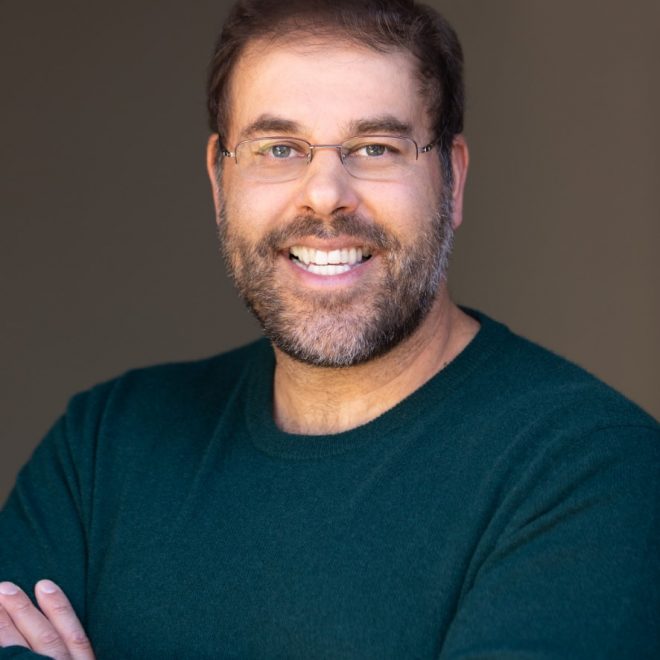I am a child of the global transformations that re-made societies in the last century–war, migration, nation-building, and mobility through higher education. All of my research, writing, and teaching seeks to explain these transformations–their diverse origins, their contradictory contours, and their long-lasting effects. My scholarship is therefore an extended inquiry into the workings of power at local and international levels, and the interactions across these levels. Like other historians, I treat power as contingent, context-dependent, and often quite elusive. Like practitioners of politics, I view power as essential for any meaningful achievement, especially in the realms of social justice and democratization.
My hope is that my work will reach a broad and diverse audience of citizens. Scholarship cannot substitute for real-lived experience, but I believe it can enhance our contemporary understanding of the choices we confront in the allocation of our resources, the structuring of our communities, and the judgment of merit. In this framework, international, transnational, and global history should contribute to better thinking about current international, transnational, and global problems. I am a proponent of historical and political studies that are broad, compelling, creative, and, ultimately, useful. We should research with Monkish rigor, as we write (and lecture) with novelistic flair.
Research interests
The formation and spread of nation-states; the emergence of modern international relations; the connections between foreign policy and domestic politics; the rise of knowledge institutions as global actors.
Courses taught
International History since 1898; The Past and Future of Global Strategy; American Foreign Relations
Awards, Honors
Recognized as one of “America’s Top Young Innovators” by Smithsonian Magazine; Class of 1955 Distinguished Teaching Award, University of Wisconsin
